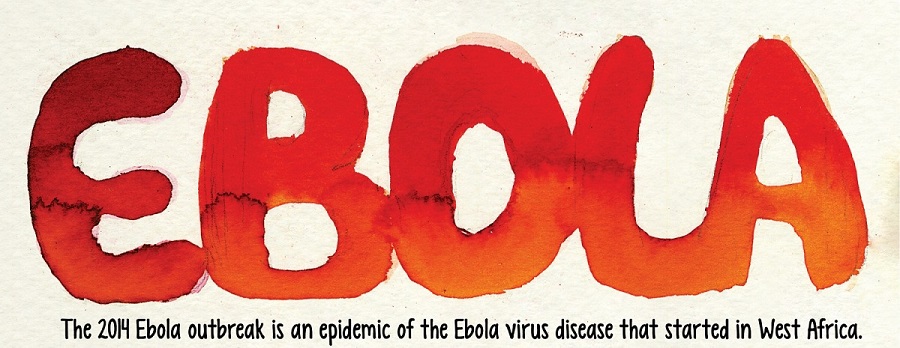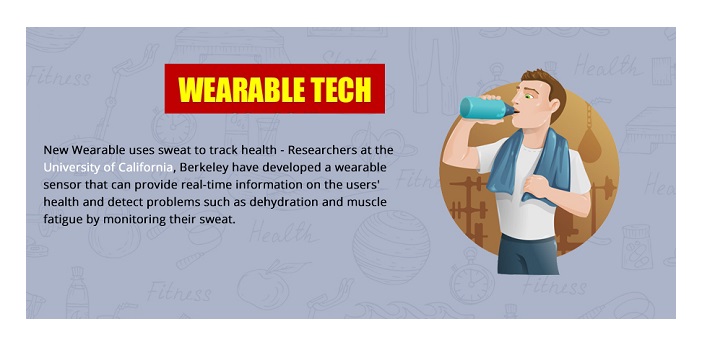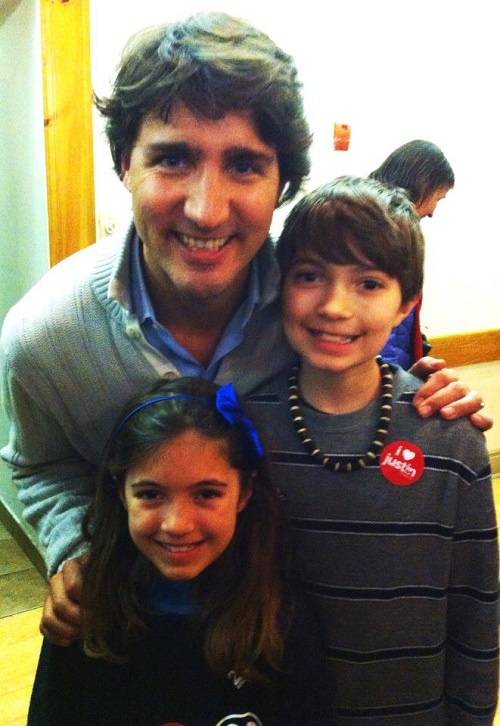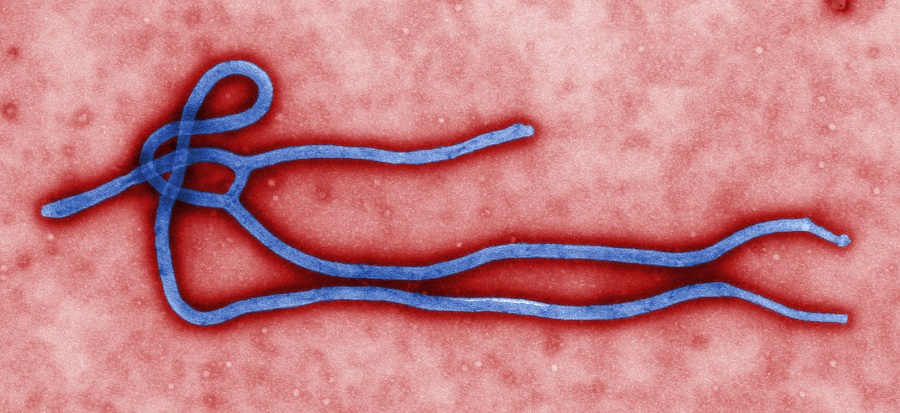Tag Archives: WHO
9 Things to Know about Wearable Tech in Health and Fitness
Here’s a fun wearable Infographic from our friends at igotcrazy.com. Do you agree with their projections of use?
• By 2019, more than 33% of U.S. adult population is expected to be using the wearable tech?
• According to a survey wearable technologies such as fitness trackers, smart watches and GPS tracking devices are expected to be the No. 1 fitness trend in 2016.
• Wearable devices could possibly be a way for companies to better understand their team.

Canada Needs To Adopt WHO Labeling Says MP Justin Trudeau

Article from March , 2013 – In 1981, the World Health Organization introduced Code of Marketing for Breast-milk Substitutes. To date, 84 countries have enacted legislation making the labeling Code law in their countries. While Canada agreed and signed onto The Code and the amendments, to date it has not created any law, which would uphold this International document.
The WHO Code says, among many other items, that breast milk substitutes (including formula and infant foods) should not be directly advertised to consumers because they are sub-optimal foods to feed to babies and infants. Advertising includes newspapers, ads on Google or other websites, texting, and free samples through the mail.
Formula companies in Canada say they abide by the WHO Code by including a preamble in every commercial: “while breast milk is best…” Ask your average consumer today what they think about breast milk and formula and specifically if there is any difference. I have posed this question while working at numerous health fairs in the past 5 years. It is staggering the number of people who view breast milk and formula as having the same nutritional value. In case you do not know already, this has scientifically been proven false.
Over the past 5 years, I have written MPs and MPPs about why Canada does not uphold the WHO Code. What I heard from Health Canada directly is:
The Food Directorate of Health Canada is responsible for the development of policies, regulations and standards for all foods. The Food Directorate is also responsible for the premarket notification process for infant formulas…Manufacturers are responsible for the accuracy of information on the labels and advertisements for food and for compliance…”
This is akin to letting prisoners run the jail.
While writing my monthly (and at times weekly) concerns to government officials, I found an MP who said that, “If we were signatories to it, we should live up to it.” This was Justin Trudeau.
I am saying be politically involved. I have a stack of letters and many emails from all parties in their response to the WHO Code. It has been 30 years since Canada signed The Code. Why is it taking so long to actually do something to enforce it? Enforcing the Code would not result in taking formula off the market at all. The Code’s aim is to make healthier babies and our babies are entitled to the highest degree of health. For the Silo, Stephanie MacDonald.
Canada Sent Untested Experimental Ebola Vaccine To WHO
*translated from original Cuban-Spanish article from cubadebate.cu 
Gregory Taylor, Deputy Director of public health at the health agency of Canada, said that you between 800 and 1 000 doses of the vaccine, known as VSV-EBOV, doctors without borders were sent to a hospital in Geneva at the request of the who, and also to the organization.
The drug has not been used in humans, but Tuesday the ethics of the who panel said that the severity of the current epidemic in West Africa justifies the use of unapproved drugs.
The new fatality in Nigeria is a worker of the economic community of West African States (Ecowas) who died at age 36 in Lagos.
He informed the organization that had infected by having contact with the American Advisor to the Liberian Government, which flew in July to Lagos and there led disease. The man fainted at the airport and was treated without that were known at the beginning that it was ebola.
Since then, the employee of Ecowas was quarantined. His case raises three deaths by the virus in Nigeria, where there are more than 100 people in observation. Gambia, Ivory Coast and Zambia have suspended flights from that country for fear of contagion. Doctors without borders, which has hundreds of partners in West Africa, welcomed the decision of the who to use experimental drugs, but warned that they alone will not stop the problem and making it remains to increase massively the medical team.
As of August 9, 2014 there were about 1,800 confirmed and suspected cases of ebola in the region and more than 1,000 deaths, according to who figures.





